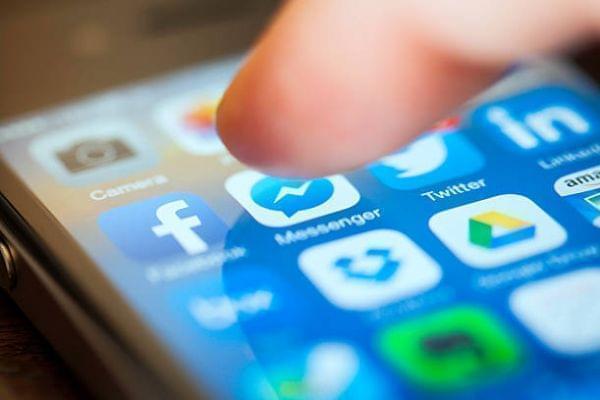How Technology Affects Our Attention; Reflecting On The Great Recession; Pixar Exhibit In Chicago

Lyncconf Games/Flickr (CC BY 2.0)
On The 21st: This week marks ten years since the beginning of the Great Recession. What’s changed and what hasn’t here in Illinois? Plus, there’s an exhibit at the Museum of Science & Industry in Chicago that celebrates the science, math and technology skills behind Pixar. It’s designed especially for kids. But first, how is your phone affecting your mental health? We’re speaking with two Illinois researchers about how technology is grabbing your attention, and refusing to let go.
Today news, apps, social media and social interaction are all at our fingertips. And the companies that run them are worth hundreds of billions of dollars. Actually in Apple’s case, that number has reached one trillion.
But, how do our phones affect our mental health, especially given how much we use them?
Joining us in our Urbana studio was Alejandro Lleras. He’s a professor of psychology at the University of Illinois in Urbana. He is also a member of the Beckman Institute at U of I.
Also joining us on the line was Eulàlia "Lali" Abril. She is an associate professor of communication at the University of Illinois at Chicago.
Alejandro Lleras from @BeckmanInst says there are "billions of dollars focused on capturing your attention every day."
— The 21st (@21stShow) September 13, 2018
Read more about technolgy's assault on our attention from the @nytimes: https://t.co/5PNOrJZa2M
Plus-
$61,372. That was the median income of the American household last year, according to a Census report released yesterday. Why is that significant? Because it’s at the same level that American households were earning one year before the financial crisis, and recession, that started in 2008.
So at least by that measure, the economy has recovered from the financial crisis and recession that all started ten years ago.
Of course it’s not that simple. We also know that the recovery has felt different depending on how much you make and where you live.
To reflect more on the recession, we were joined by three guests from all over the state. Matt Notowidigdo is an associate professor of economics at Northwestern University. We also spoke with Larry Holen, a managing broker with Pioneer Real Estate in Rockford. And from Charleston, Michael GIllespie joined us. He is an assistant professor of sociology at Eastern Illinois University.
.@mdgillespie says, in smaller towns across Illinois, the effects of the recession were acute.
— The 21st (@21stShow) September 13, 2018
"When you start off at a place where those services are spread out, there automatically become fewer resources because more people are going to need them."
And-
Regardless of age, we all have a favorite Pixar movie. Wether it's Toy Story, Brave, or maybe Coco, Pixar's animation can often feel like magic. But instead of magic, maybe alchemy is a better word because it’s creativity combined with technology and science that brings these computer generated animations to life. Showcasing all of that science, technology, engineering and math skills involved in CGA are what’s behind a Museum of Science and Industry exhibit in Chicago called “The Science Behind Pixar."
All this month, admission to the museum is free on Sundays, although tickets for the Pixar exhibit are sold out those days, the exhibit is on until January 9th.
To learn more about the exhibit and the STEM behind it, we were joined by The Museum of Science and Industry's Jeff Buonomo. We also spoke with Keith Jacobs, a STEM extention specialist from the state 4-H office's University of Illinois extension.
.@msichicago's #sciencebehindpixar makes STEM engaging and interesting for kids of all ages.
— The 21st (@21stShow) September 13, 2018
"Once they're hooked, you open the door to other possibilities. This stuff you call 'science' isn't that boring!" says Keith Jacobs from the state 4-H office.

